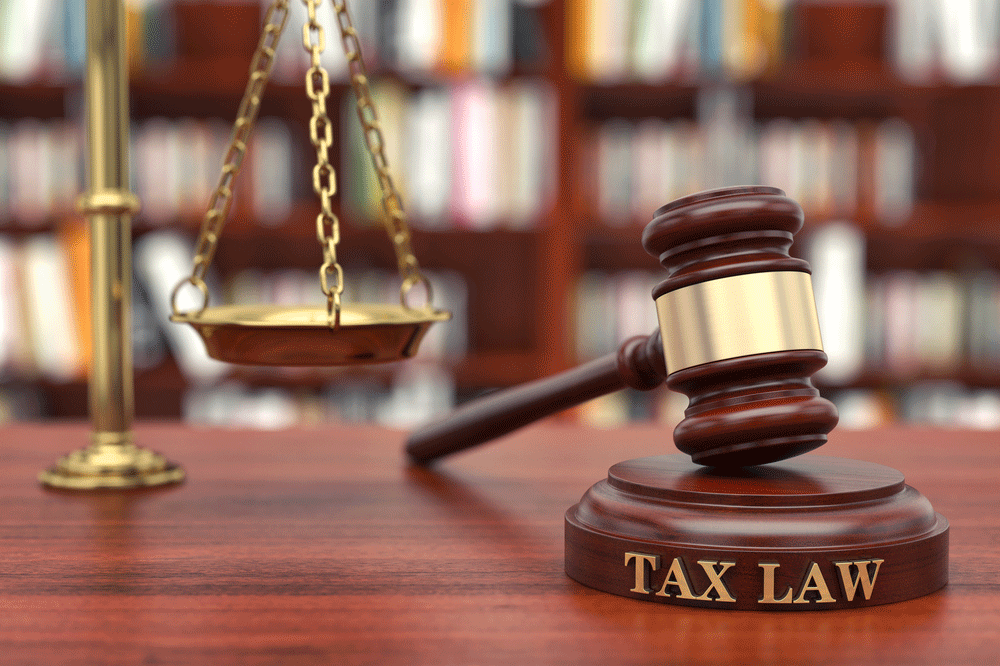Your credit card issuer is the company that issues you your credit card. Sometimes your issuer may be a bank like Chase or Capital One, a credit union, or a credit card company like Visa or Mastercard. Your credit card issuer is able to make decisions regarding your account as described in your card agreement.
For example, card issuers can change your interest rate and your credit limit. They can also impose additional fees for late payments. Finally, credit card issuers can also close the accounts – sometimes without any warning. If this happens, you may find your credit card payment is declined, which can be embarrassing.
Here are some reasons why credit cards get canceled by credit card issuers
- Not Using Your Card Enough:
The reason your credit card issuers extend credit lines is to be able to make money. They make money off interest and fees. They also make money each time you complete a transaction. It’s no wonder not using the card can have it canceled. In order to keep your credit line open, make sure to use your card every so often to show that you’re using it. This decreases the chance your credit card will be closed.
- New Debt:
Did you recently take on new debt? Did you purchase a car or a home recently? Some of these changes can cause significant changes to your debt level. Some credit card companies may see this new debt and decide to cancel your card. This is because they may worry that you won’t be able to make your credit card payments.
- Credit Score Changes:
If your credit score dips, your issuer may cancel your credit card. This is because they see you as a greater risk of defaulting on payments. This is one of the most important reasons to keep an eye on your credit score. This way, as you can avoid your card being canceled unexpectedly.
- They do not need a reason
Credit card companies don’t necessarily need a reason to cancel your card. The company can decide at any time who to extend credit to. Most of the time, issuers will give notice but if they don’t, you may want to speak to them. A closed account can hurt your credit score, so you’ll want to stay on top of monitoring your accounts.
How Will This Affect My Credit Score?
If your issuer unexpectedly closed your card, you may be worried about the impact on your credit score. The closed account affects your utilization ratio and your length of credit history, especially if it’s an older account. Your credit utilization ratio can increase because you don’t have that line of credit anymore. And your length of credit history will be shortened, which can also lower your credit score.
Remember that it’s important to monitor your credit card accounts and credit scores. It’s important to communicate with your issuer if you have any problems with a line of credit. You can also monitor your credit with Credit.com. You’ll receive two free credit scores updated every 14 days. Sign up today to see where you stand.


